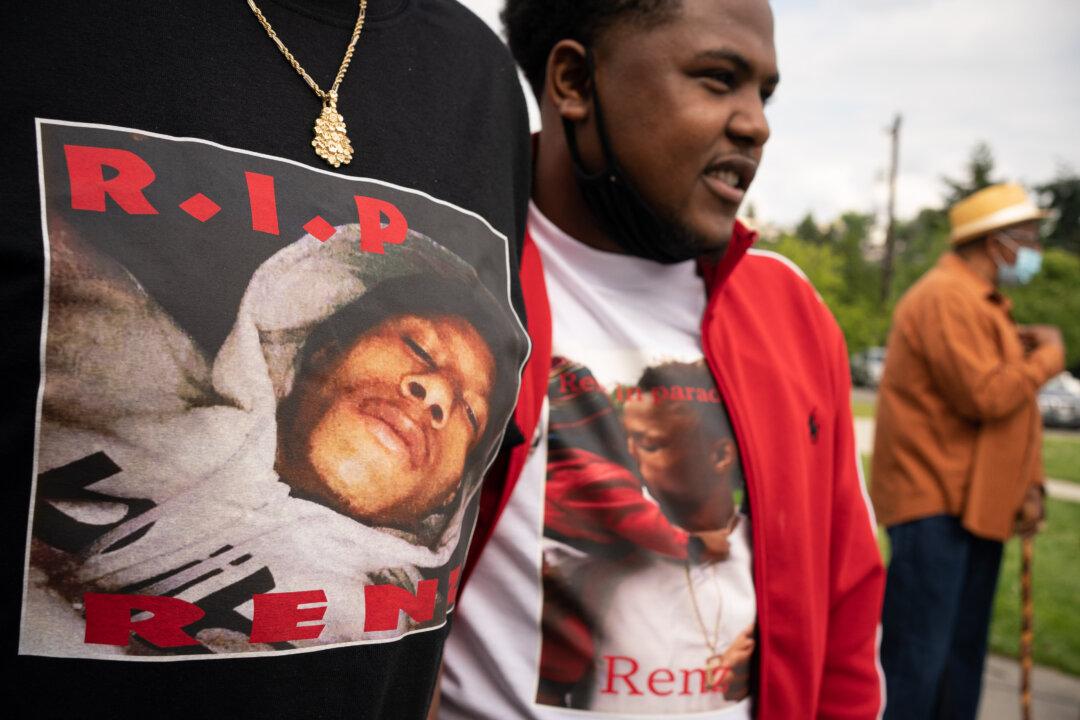The man convicted of shooting and killing 19-year-old Lorenzo Anderson on the edge of Seattle’s notorious protest zone in June 2020 was sentenced to 14 years in prison on Friday.
Marcel Long, now 20, was arrested last July in Des Moines, Washington, after being wanted by authorities for more than a year over the killing of Anderson. He entered a deal with prosecutors this May and pleaded guilty to a reduced charge of second-degree murder.





